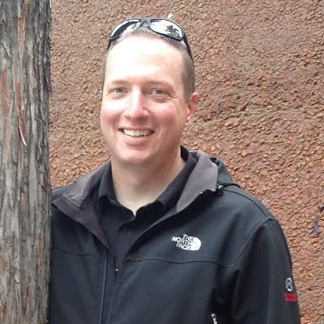Yesterday we held our first Community Discussion on AI in Healthcare. Our CEO and founder, Sri Ambati led the discussion between Niki Athanasiadou, Marios Michailidis, one of our Grandmasters , and myself. We had nearly 1,300 participants registered from over 45 countries, and over half of those joined live others are viewing the replay. Many were in the healthcare space, but other sectors were represented as well.
In case you missed it, you can catch the replay here . During the hour-long session, we discussed available open-source data sets for COVID-19 and demonstrated a COVID-19 forecasting app that is an example of what can be built with those data. In short, the app uses a combination of data sources and a SEIR (Susceptible-Exposed-Infected-Resistant) epidemiological modeling strategy to help healthcare systems forecast virus spread for specific cities as well as hospital- and ICU-bed usage for those cities. The app additionally forecasts when hospital- and ICU-bed usage is likely to be exceeded for a given region. The app was built using H2O Q , a new H2O.ai analytics platform. If you are interested in being an early user of Q, sign up here .
We further discussed available COVID-19 resources along with opportunities and strategies for AI implementation in healthcare. A list of the COVID-19 dashboards that were referenced during the presentation are provided below:
– University of Washington GIS Laboratory
Additional resources and opportunities for data scientists to assist with the efforts are found in our recent blog post .
In the end, we received over 100 questions. The questions broadly fell into six different categories:
- Questions about what data, model, and assumptions went into the build of the H2O.ai COVID-19 app
- Questions about specific forecasts and results obtained from the H2O.ai app
- General COVID-19 questions
- General healthcare and AI questions
- Questions around the economic impact of COVID-19
- Questions about getting started in machine learning, AI, or healthcare
Some of these questions will be answered over the next few days in an AI for Healthcare Slack channel. Join the community of makers discussing and working on AI for Healthcare in our community slack. Follow the steps below.
- Join the H2O.ai community slack workspace
- Join the #public-ai-for-healthcare slack channel
Other questions – those that warrant a more in-depth analysis and discussion – will be addressed in upcoming blog posts . We will additionally be scheduling the next live Community Discussion; additional details will be forthcoming. We are excited to continue this discussion with all of you.







